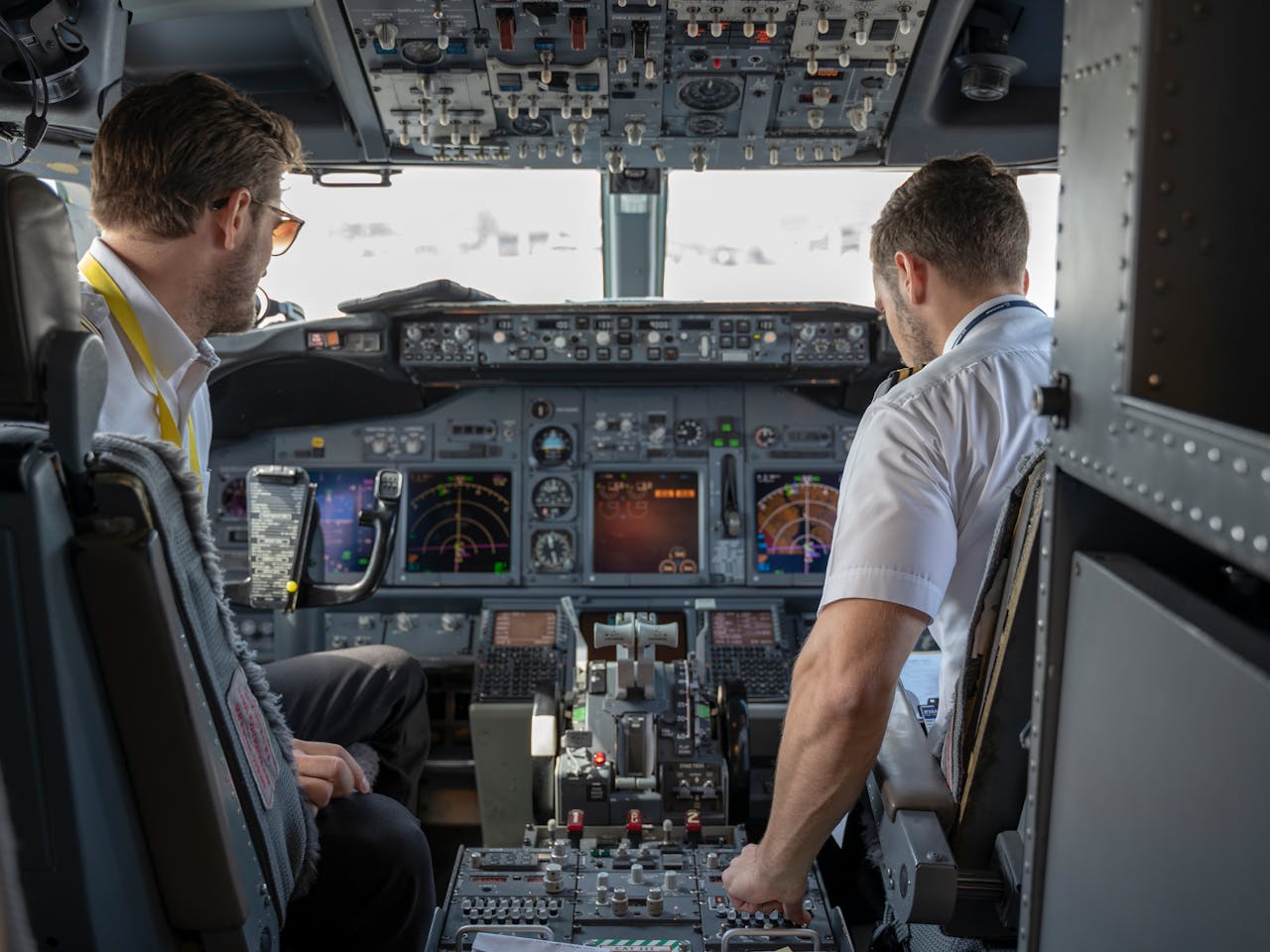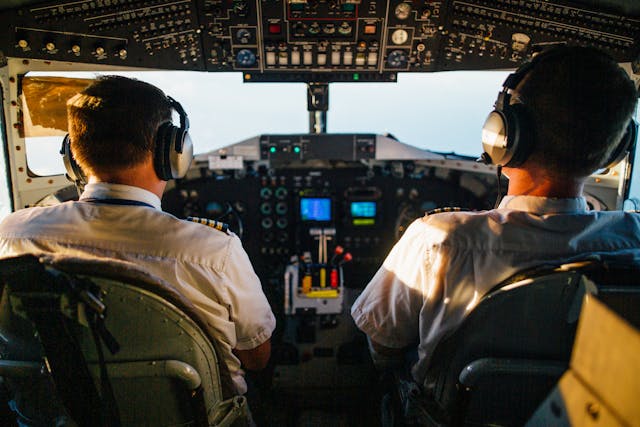Comments
- No comments found

Becoming a pilot involves a series of steps that guide an aspiring aviator from their first lesson to flying solo.
The pilot certification process is regulated by aviation authorities like the Federal Aviation Administration (FAA) in the United States. Every part of the journey is very important. Each one takes time, work, and genuine commitment. From initial training to earning advanced ratings, these stages ensure that a pilot is well-prepared for safe flight operations. The process is both challenging and rewarding, offering a structured path to mastering the skies. Understanding these key milestones can help future pilots plan their training effectively and meet their aviation goals.

The journey to becoming a certified pilot starts with obtaining a Student Pilot Certificate. This certificate allows an individual to begin formal flight training under the supervision of a certified flight instructor (CFI). To apply, one must be at least 16 years old and able to speak, read, write, and understand English. The application process involves submitting an application through the Integrated Airman Certification and Rating Application (IACRA) website and undergoing a medical examination by an Aviation Medical Examiner (AME). Once granted, the student pilot can start flight training, including ground school lessons and flight practice. This certificate is a prerequisite for all subsequent pilot licenses and is valid for a lifetime, though medical certifications must be renewed periodically.
A significant milestone in the pilot certification process is the first solo flight. Before a student can fly solo, they must receive an endorsement from their CFI. This endorsement confirms that the student is competent to fly without an instructor on board. To get to this point, students are required to know how to take off, land, and handle emergencies well. They have to show they're good at these basic flying moves. The first solo flight is a thrilling experience and marks a key moment in a pilot’s training journey. After the initial solo flight, students continue to practice solo flights to build experience and confidence in their flying skills. These solo flights are conducted under strict regulations, including staying within a specific radius of the home airport.
To earn a Private Pilot License (PPL), students must pass the FAA’s Private Pilot Knowledge Test. The exam includes topics like how planes fly, weather, finding your way, and how planes talk to each other. It's crucial to concentrate on learning the basics in these areas. Starting from the ground level is vital. Ground school training is essential to prepare for this test, where students learn the theoretical aspects of aviation. A passing score on the knowledge test is required before taking the practical exam, also known as the checkride. Successfully passing the knowledge test is a major achievement and serves as a confidence booster for aspiring pilots. This shows they know a lot about flying. They're ready to use what they know in the real world.
The checkride is the practical exam that determines if a student is ready to become a licensed private pilot. It is conducted by an FAA-designated pilot examiner and consists of both an oral and flight test. During the oral portion, the examiner asks questions to assess the student's knowledge of flight planning, regulations, and emergency procedures. The flight portion involves demonstrating maneuvers such as takeoffs, landings, stalls, and navigation. Successfully completing the checkride results in the issuance of a Private Pilot Certificate. This certificate allows the pilot to fly single-engine aircraft and carry passengers, but not for compensation or hire. Passing the checkride is a proud moment for every pilot, signifying the transition from student to certified aviator.

After obtaining a Private Pilot Certificate, many pilots choose to pursue advanced ratings and certifications. These include the Instrument Rating, Commercial Pilot Certificate, and Certified Flight Instructor (CFI) certification, among others. An Instrument Rating allows pilots to fly in various weather conditions and navigate solely by instruments. A Commercial Pilot Certificate enables a pilot to be compensated for their flying skills, opening up a range of professional opportunities. The CFI certification allows a pilot to teach others and is often a stepping stone to further career advancement. Each of these certifications requires additional training, testing, and experience, contributing to a pilot’s overall skill and expertise.
The path to becoming a certified pilot is marked by several key milestones that build both knowledge and skill. From obtaining a Student Pilot Certificate to passing the checkride and pursuing advanced ratings, each step is essential for developing a safe and competent aviator. The certification process ensures that pilots are well-prepared to handle flight responsibilities. While challenging, it is a journey filled with accomplishments and moments of personal growth. Each milestone reached brings a pilot closer to mastering the art of flying and opens up a world of possibilities in the aviation field. For those passionate about aviation, the journey to becoming a pilot is a rewarding adventure worth every effort.
Felix is the founder of Society of Speed, an automotive journal covering the unique lifestyle of supercar owners. Alongside automotive journalism, Felix recently graduated from university with a finance degree and enjoys helping students and other young founders grow their projects.
Leave your comments
Post comment as a guest